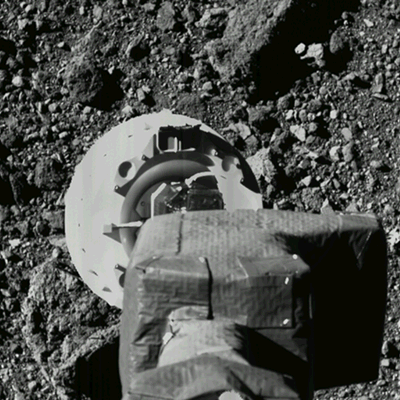Think of bird-watching. You can spend all day sitting in a field, but if you're seeing sparrows and pigeons, you're not going to give a shit. What an avid bird-watcher wants is a painted bunting or a vermilion flycatcher, maybe even a snowy egret. Why? Because they're all rare, and therefore interesting. Pigeons and sparrows eat, crap and occasionally fly into your living room window.
There are too many homo sapiens to warrant much interest these days. That guy's fat; that girl's tattooed; that one's nuts; and that one's taking my parking space. That one rides a bicycle on Broadway. OK, maybe he's a little interesting. He's got guts.
Whenever there's too much of something, it becomes boring, and estimates are that by the year 2050, there will be 10 billion of us. When that happens, there's not going to be much room for anything else, painted buntings and vermilion flycatchers included. We might even be hard-pressed by then to find a pigeon.
But at a recent news conference, scientists in Germany offered a ray of hope: They've reconstructed the genome of a Neanderthal. They differ on whether reconstructing the actual hominid is possible, but many--and not just the crackpot fringe--think it is. One brainiac at Harvard says we could do it using current technology for about $30 million. Thirty million dollars! With all this talk of billions and trillions in deficits and stimulus packages, $30 million sounds like pocket change. A guy recently had his pet Labrador cloned for $155,000. I'll bet he's kicking himself right about now. If only he'd saved a few more pennies, think of what he could have walked away with.
What we're talking about here isn't strictly cloning, which is why it's got a bigger price tag. Mapping the Neanderthal's genome took Svante Pââbo of the Max Planck Institute 10 years. Most Neanderthal DNA has been contaminated by human handling, and he had to find some that wasn't, which was tricky. Homo sapiens and Neanderthal DNA are really similar. But he managed to figure it out, and now, actually making one would be easy. All you'd have to do is split up the sapiens DNA into chunks and, via bacteria, insert the Neanderthal DNA where sapiens and Neanderthal DNA differ. Then you insert that into a chimpanzee cell, reprogram it into an embryo, and get a chimpanzee to gestate it.
I think this last part has to do with either ethics or money. You can get a chimpanzee on the cheap and not upset the pope.
I don't know where funding priorities for science stand these days, but somebody needs to get on this. Breeding Neanderthals could solve a lot of problems on planet Earth.
First of all, there is no evidence that Neanderthals ever interbred with homo sapiens. Since we lived on the planet at the same time, this means we did what we always do with people who don't look and think the way we do: We wiped them out. This illustrates a vicious streak in us that over generations could be bred out. But, you say, we wiped Neanderthals out before; why wouldn't we do it again? The answer: human rights. It's a fairly new concept, but a good one. Neanderthals would be human, just a different variety, so instead of being able to massacre them at will, we'd wind up meeting them at the disco and buying them drinks. Maybe generations of interbreeding would calm us down a little, and we'd figure out how to be nicer.
In addition, breeding Neanderthals might be a way to curb baby mania. If people like that woman who just had eight babies, all of whom will undoubtedly be raised and cared for on the public dime, were required to have nice, peaceful Neanderthal babies, at least she'd be contributing something to society. I mean, other than medical and food bills.
But last and not least, Neanderthals would make people-watching interesting again. Think of it: You go to Target, and amidst the visual cacophony of undulating flesh clogging the aisles, you spot something different, something you've never seen before. The walk, the posture, the build. It's got a funny voice and a peaceful yet intelligent look in its eyes. When its shopping cart collided with yours, it would say "excuse me." It would be rare; it would be interesting. It would be like spotting a celebrity.
Or maybe even a painted bunting.






